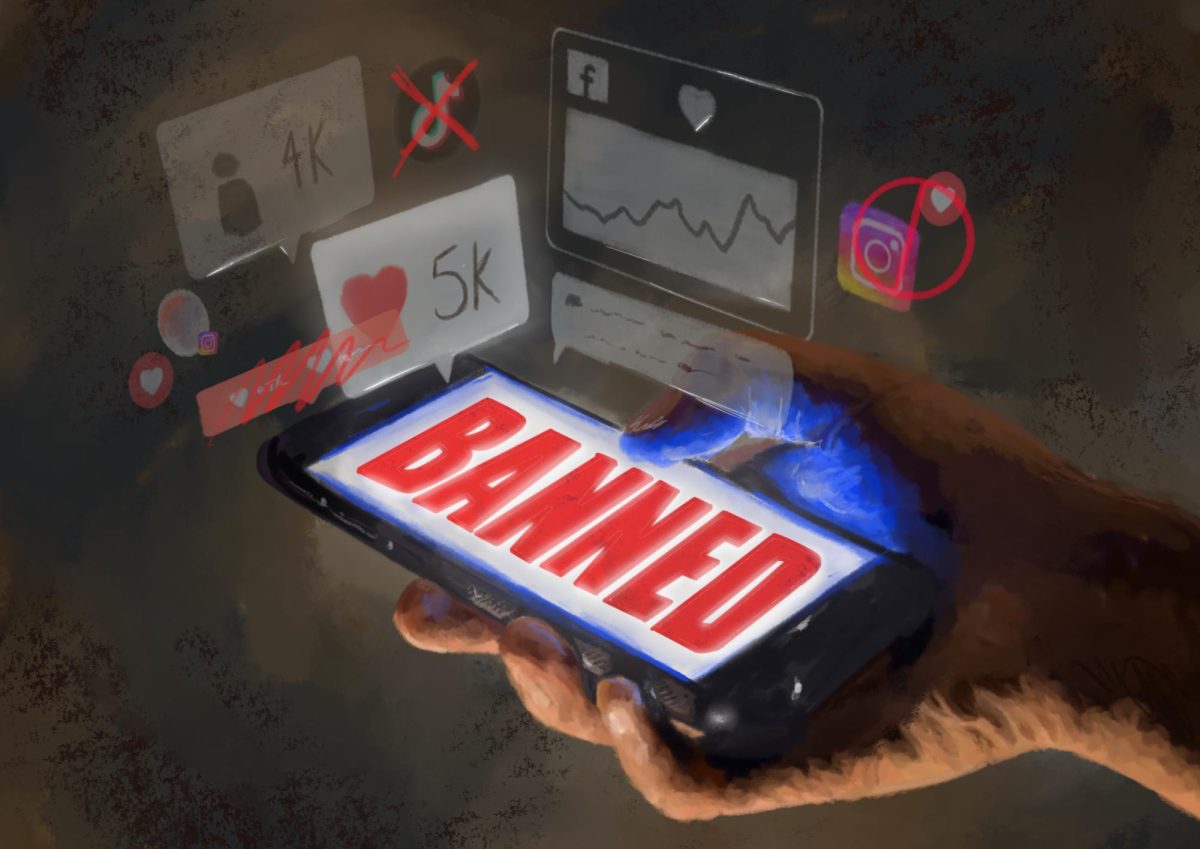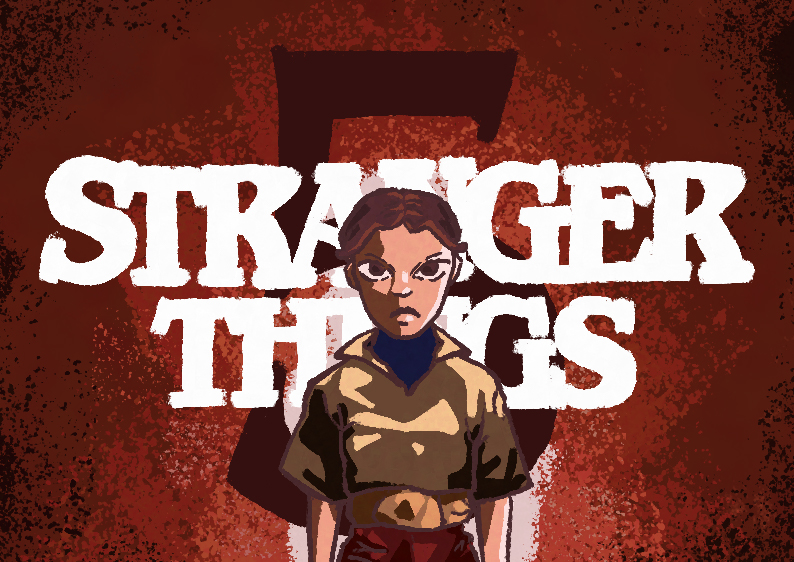In a world where smoking is the new societal norm and drugs is the new cool kids trend, gambling is but a mere game for the upcoming generation. Gambling has been ignored across not only Australia, but governments all across the world. Schools have decided to focus on more pressing issues like cyberbullying and young people’s mental health. This issue seems to be left behind in the abyss of ignored global problems. In hopes of raising awareness on gambling and its severe impacts on young people, I will be shining light on this neglected global issue.
Gambling – as mentioned earlier – is a major issue, not just amongst Australians, but across the globe. The dictionary refers to gambling as “the betting of something of value, with consciousness of risk and hope of gain, on the outcome of a game, a contest or an uncertain event” – highlighting the phrase “with consciousness of risk”. This statement reveals that one who puts a certain amount of money at stake, they are aware of the risks they pose for themselves and possibly their bank account. If the person gambling is well aware of the threat that one action presents to their financial life, then why would they do it? The catch is, gambling is addictive. As younger generations yearn for the acceptance of society, their gambling activities spiral out of control and despite its destructive nature, teens are drawn into the never ending trap of betting. Young people are betting away precious money in hopes of gaining more. Gambling companies are gaining so much profit that they are even making claims such as “Chances are…you’re about to lose.. Consider what you’re losing” or “Gamble responsibly”. When even the gambling company – the organization making billions from the mishap of teenagers – tells you this, then you know it’s time to stop.
Financial, social, mental and physical health – the four aspects of health that shape life – are all at stake if teenagers continue this horrendous practice. Whilst there may be a chance that gamblers win more money than lost, the practice of gambling teaches poor financial skills. If a young person is willing to risk a portion of money just for a mere party, then what would they be willing to risk in the future when they have families and loved ones to support? Gambling can make teenagers grow closer with gambling buddies or frequentise trips to casinos. As younger generations continue the sport of gambling, they begin to isolate themselves from loved ones. Relationships end up in ruin as constant arguing breaks out between families. It doesn’t end there. Gamblers are more prone to headaches and digestion problems due to stress caused from losing money. An Australian study conducted in 2010 found that over 50% of young people suffer from indirect health issues due to a gambling relation in their family. As you can see, gambling is eating away at the consciousness of young people and causing numerous health problems for the individual and those surrounding them.
Despite all these health issues and impacts caused from gambling, teenagers still go for it. The strings of society pull them like a mastermind with its puppets as they are peer-pressured to go down the spiral of gambling. Do not give into gambling. Gambling companies make roughly $2B AUD yearly whilst scammers make $2.5AUD – if one gambles, you might as well call on that unknown number that won’t stop ringing your phone and give them credit card details. If you feel like you’re burdened by society or ever feel like you’re not good enough, always be sure to talk to someone about it. Share your burden. You are never alone in whatever you are going through. Never resort to anything addictive because you don’t know it will ruin your life.













Czerina B • Aug 8, 2025 at 5:20 pm
Amazingly written, Maria!
Elizabeth J • Aug 8, 2025 at 11:52 am
Solid job Maria. Thank you for cracking down on the seriousness and gravity of addiction and gambling, as well as their effects.